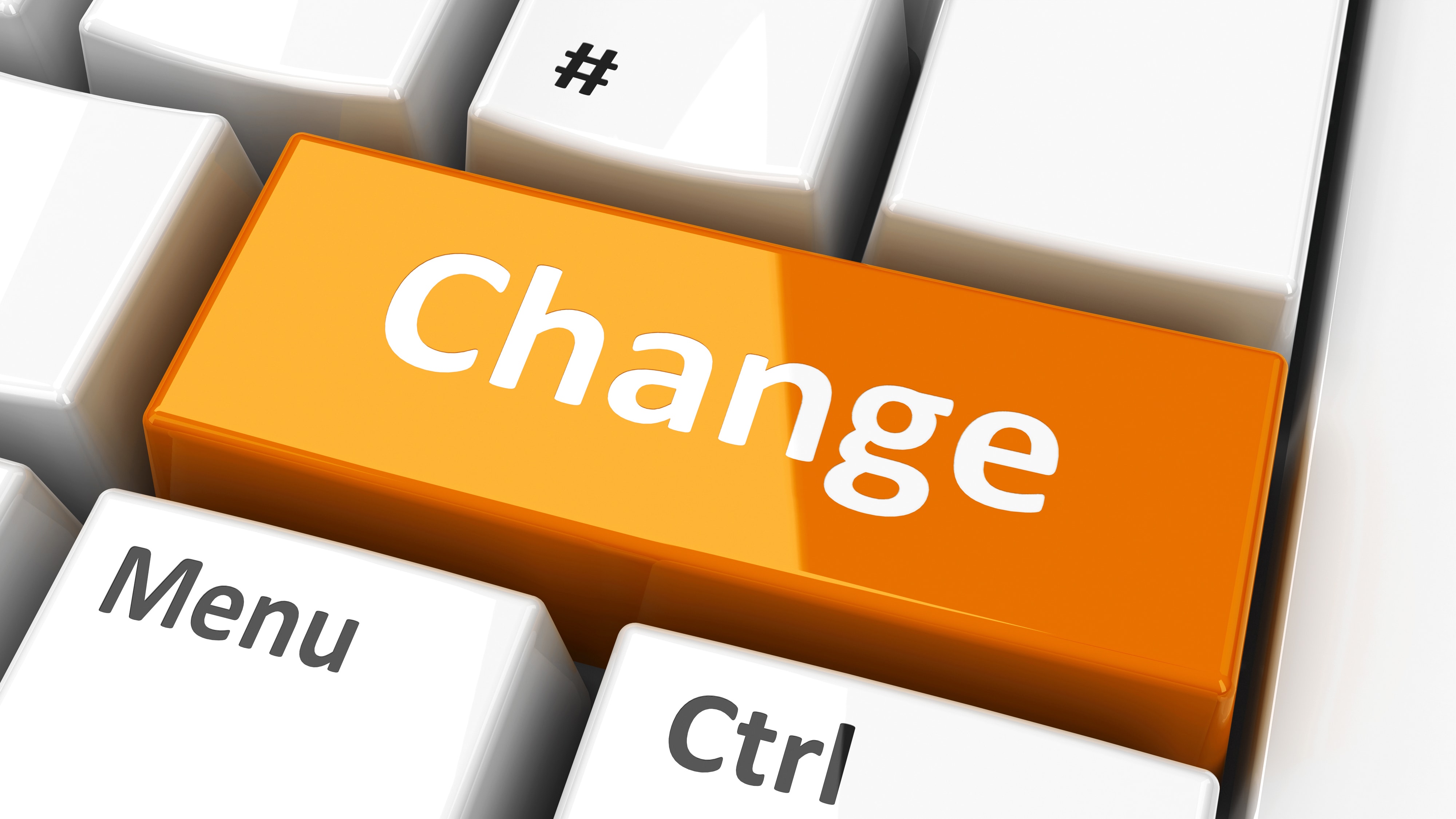
The art and science behind habits that stick.
Having effective habits is an important key to success. But, first, forget everything you thought you knew about habits.
Most guidance focuses on adopting disciplines, with very little emphasis on a person’s ability to create new habits.
“Most people want positive habits to be as easy as brushing their teeth. Let’s be adults here. Being great isn’t easy. In fact, greatness requires sacrifice. It requires doing things that others won’t or can’t do … truth be told, good habits require consistent commitment,” says Jason Selk, who reports on mental toughness issues for Forbes.
Your brain and habit formation
To take a page from the Neurology 101 textbooks, the basal ganglia section of the brain controls the development of emotions, memories and pattern recognition, while the prefrontal cortex is in charge of decisions. In order for a behavior to morph from a decision to an automatic reaction, it has to be pushed back to the basal ganglia. (It’s a survival technique, of course, as the prefrontal cortex has plenty of stimuli to deal with and has to triage.) So the more you do the behavior, the more likely you drive it to the basal ganglia, where it’s out of sight, out of mind — and running on autopilot every time the trigger conditions exist.
This science explains why changing habits on a vacation is one of the most-proven routes to success; you’re already mired in changing routines and changing cues and rewards. It’s easier to snap old triggers and program new processes into the basal ganglia in that case.
So breaking a habit is to dig into a subconscious, hidden part of the brain and rip its routines away from its busy little hands.
Building up your capacity for change

While you want motivation on your side, even it can be a fickle friend in some cases. In the long run, you’re better off building up your capacity for change than thinking the motivation you feel now is necessarily going to last.
“People think they need to get motivated to adopt a new habit. What they don’t know is motivation is fickle.” – Ali Navidi, Psy.D.
Motivation ebbs and flows, but when habits are formed, they are things you do naturally like clockwork.
It’s time to get to work!
Our latest white paper, The Habit Mindset—The art and science behind habits that stick, offers deep insights and an actionable plan to build your capacity for change. Learn how a strong Habit Mindset is a very learnable skill through this program and a four-week action plan to build a Habit Mindset.
With the launch of this latest report, IOCI is offering you this free white paper and a specialized collection of techniques based on The Habit Action Plan and RIM™ Tools.
Visit the IOCI Learning Center and download this and other white papers that can help you be the very best you!
Marialane Schultz is the founder of IOCI. She helps individuals and organizations perform at their best, do meaningful work and be impactful through customized coaching and consulting engagements.

